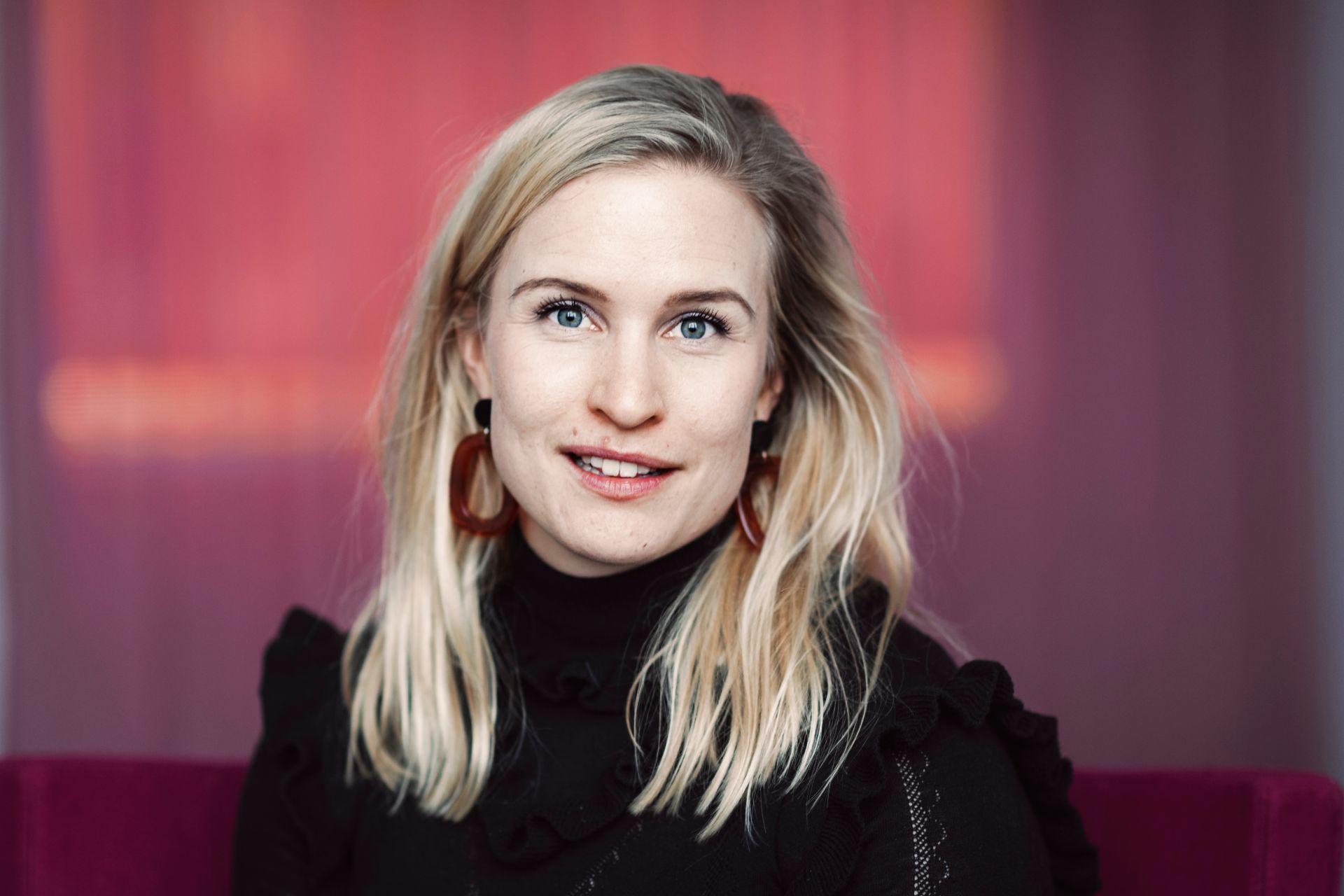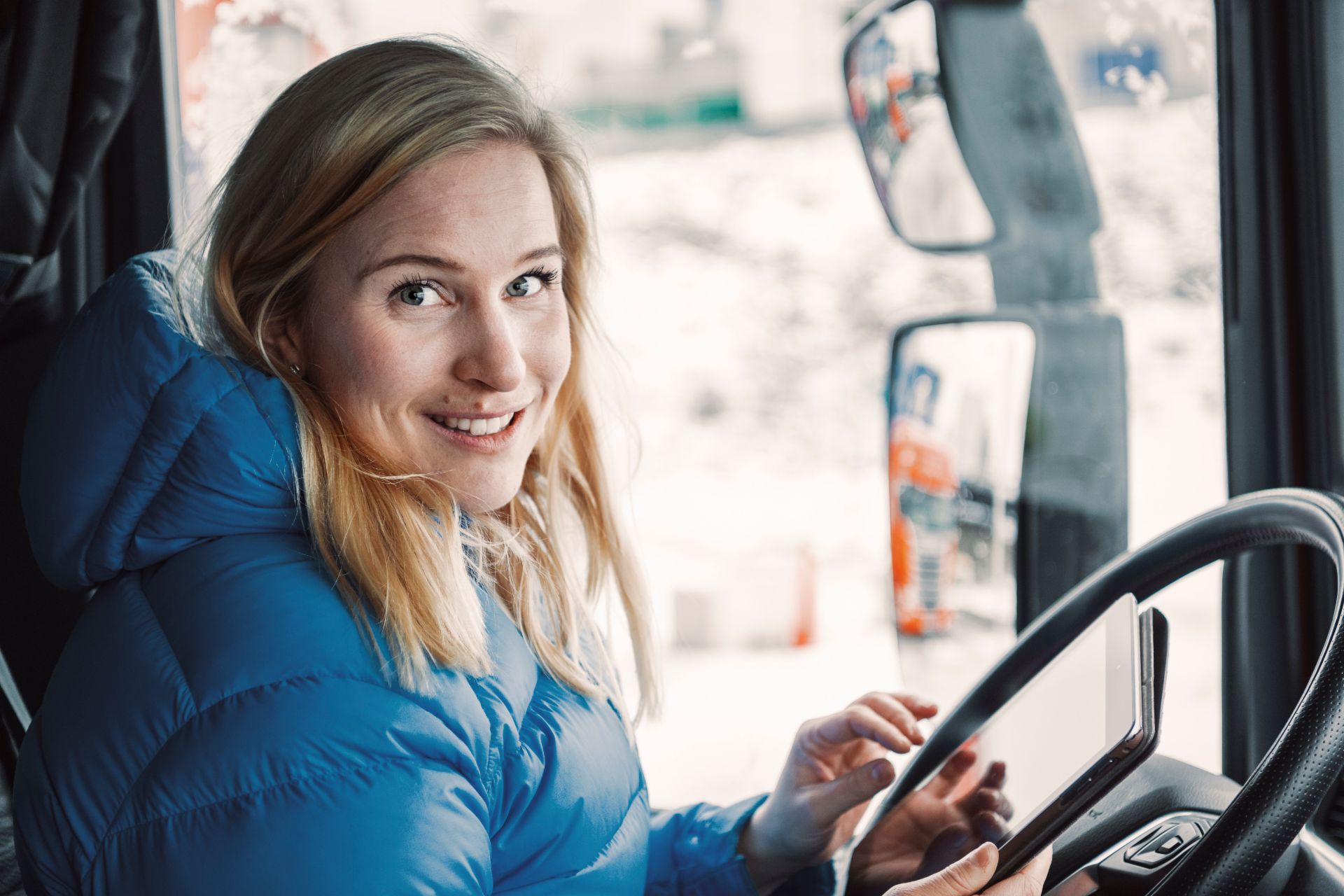This is her second time at Scania. The first time around, she was working with global product introductions within trucks, but in autumn 2017, she decided that she wanted to start her own business as a consultant. That’s when the network Teknikkvinnor (Techwomen) came about, a Facebook group that gained 6,000 members in just its first week.
Paavola saw a positive force at work, and her sole focus quickly became the network, because it was something she wished had existed when she was studying.
Paavola is not alone in working with Teknikkvinnor, which besides being a network has now turned into a limited company. Two partners continuously work with the development of the company, and Paavola acts as an adviser. However, her focus is her work at Scania, in a role that has a lot of variety.
Her job is a brand-new role, which allows her to focus on where she wants to go with it rather than what she has done in the past.
“It’s an enormous benefit to combine the traditions that come with a big industry with innovative thinking,” she says. The fact that her role was going to be brand new was a big reason for her wanting to come back to Scania. The kind of work Maria Paavola does is something that has existed at passenger car manufacturers for several years. The ISO26262 safety standard is now also applicable to heavy vehicles, meeting demands for an international, common standard for vehicles that focuses on systems that are critical for electricity. In short, it’s a way of making something that's safe even safer.
The more-complex technology demands a higher level of documentation and traceability. For example, what happens when a light indicates that something is wrong while the driver isn’t in the cab? Today’s systems trust that there’s a person behind the wheel who will notice a red or yellow light and then act on it. Finding the answer to the question: “How can you ensure safety without that person?” is part of Paavola’s mission. “If the truck gets a flat tire, how do we know?” she says.
In Paavola’s view, this field has a lot of room for development, and will affect how people see Scania in the future. “No matter how many cool things we develop here, for most people Scania will always be synonymous with trucks, but actually we're on an extremely exciting journey that takes us from products to services. Our future customers will want a system—not a truck—that fulfills their demands.”
As if her work and the Teknikkvinnor consultancy were not enough, Paavola is planning to get a truck driving license. This proactive approach is typical of her, since she has found that in-depth, practical knowledge about the product makes her professional life easier. It’s also partly due to her role as a Safety Manager, which means she needs to work with colleagues from many different departments.
But, as Paavola points out, “If you want to get ahead, you need to know a lot about technology. So, I’m learning!”


